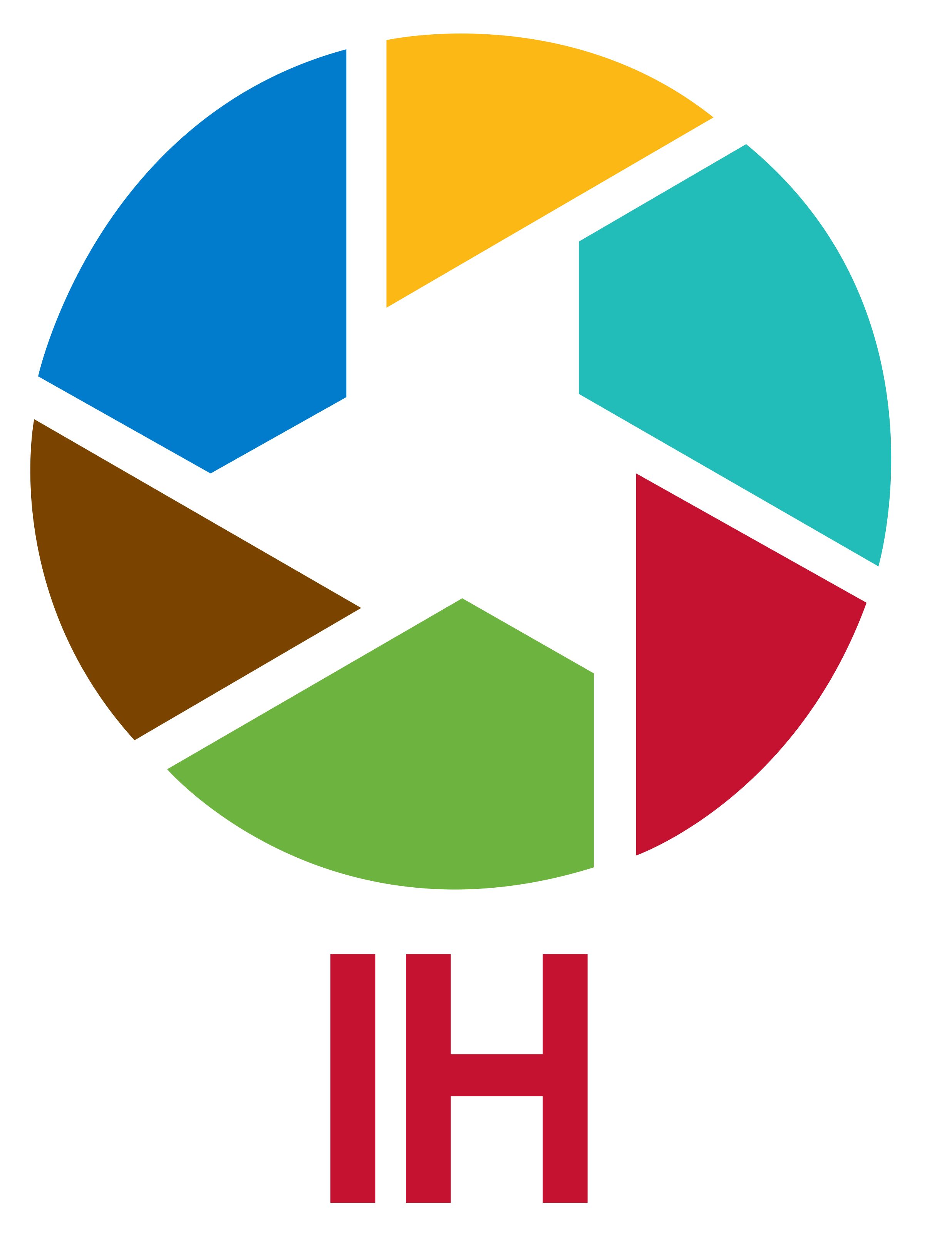I recently came back from a field visit and as my organization’s designated data person (among the many other hats I wear), I think constantly about the role of data in our work and more broadly, its role in global health.
We’ve always had a problem with data in our field, more specifically the dire lack thereof. Recent efforts to spotlight the lack of high quality data in global health has led to somewhat of a data renaissance. And you know it’s a big deal when Bill Gates throws his weight behind it. It seems like every global health innovation talk I go to nowadays portrays data (in all its forms, from big data, predictive analytics, and machine learning) as the ultimate game changer in global health. Data is so much easier to collect now with the various technologies and innovations available. Its potential is pretty obvious and I don’t disagree that data can and will create more positive changes in global health. But every time I attend one of these talks or I get an email alert about another new data innovation challenge, part of me gets really excited and the other part remains skeptical.
Anyone who has tried to implement a data collection initiative in the field, whether for research, monitoring and evaluation, or donor reporting, knows the many challenges faced when working in already resource-limited clinics and hospitals: the questionnaires are long and time consuming, we don’t have the resources to hire people to do just data collection (which is especially true in smaller facilities), data collection activities take away from clinical activities, data quality is poor, the staff spends a whole week every month doing reporting, every donor wants a report on different indicators, no one at the clinic knows how or has the time to analyze the data, the data is not in a format that is easy to use, etc. And the list goes on.
One huge barrier to accurate data collection involves the inordinate amount of burden placed on health care providers and/or clinic staff to collect and report data. Data collection is often a task that already busy doctors and nurses have to undertake in addition to their clinic duties. Hiring an extra data collection person is one solution, but may not always be sustainable outside of a research study setting. Reporting data to donors is not any less painful. It is too often a rote and uncoordinated endeavor. Donors ask for the same data, but sliced and diced in a slightly different way. Those asking for data haven’t exactly done a good job making data collection easy to do. Shorter questionnaires, standardizing indicators, simplifying and coordinating reporting are different approaches for addressing these issues. Getting providers and clinic staff to collect high quality data though is another beast. Some argue that doing regular data audits will fix the data quality problem. Others argue that mobile data collection has reduced data entry errors. Mobile data collection has certainly made it easier to collect data and scale-up data collection activities.
And while a lot of work is being undertaken by major development agencies and smaller NGOs alike to improve their data collection efforts in order to deliver on the promise that data has to offer, I’m not entirely convinced we’re there yet. A huge part of my skepticism in why data hasn’t yet reached its transformative power in global health is because even though I think we’ve spent lots of resources in building capacity to collect data, we haven’t spent equal amounts of efforts building capacity for local team members to use the data in a meaningful way.
If those who collect the data don’t understand why or how the indicators they collect impact patient care, then why do it? Although national level data is helpful in understanding what the different health needs are and how to allocate resources to address them, the interventions needed to dramatically move the needle when it comes to decreasing morbidity and mortality happen at the individual facility level, outside of the research setting. The frontline healthcare workers that help in the collection and reporting of data very rarely get the data back in a way that can help them understand how to improve care delivery and health outcomes for their patients.
I believe in the potential of data to transform global health but there are many obstacles to overcome before this happens. First things first, instead of thinking about data collection as an activity that providers and clinic staff have to do, it should be an activity they want to do. By having data available to providers that is easy to understand, timely, and meaningful, only then can the promise that data holds for transforming global health be fulfilled.

